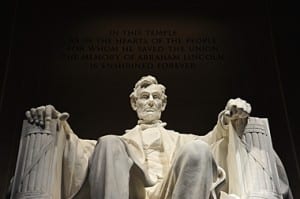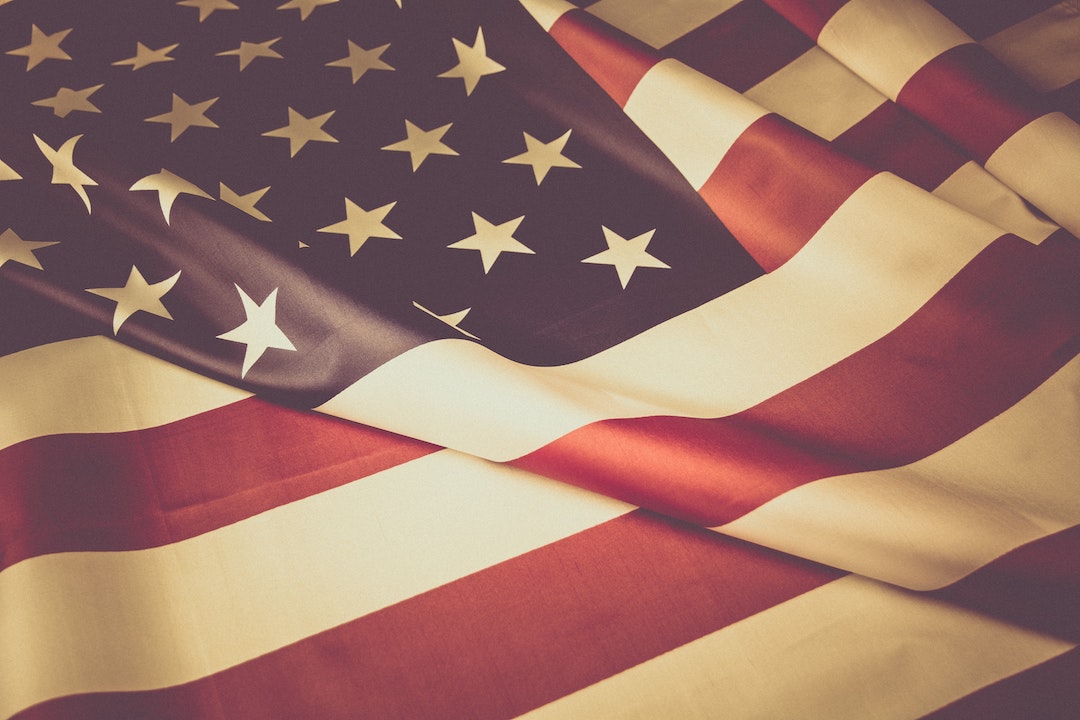 Presidents Day is ostensibly a time to celebrate the great men who helped shape the nation.
Presidents Day is ostensibly a time to celebrate the great men who helped shape the nation.
It’s an oddly named holiday, if for no other reason than few would hold the presidents with equal reverence. Once upon a time, we celebrated the birthdays of Washington and Lincoln separately, an honor befitting their outsized legacies.
It’s universally accepted that their accomplishments merit unequal treatment in that regard.
It was Richard Nixon, of all people, who decided to replace Washington’s and Lincoln’s birthdays for the more generic Presidents Day, which takes place on the third Monday in February.
The intent was to pay respect to all the previous office holders, though the unintended consequence has been just the opposite: For younger generations, the holiday represents little more than a chance to score some deals at the local mall. It’s doubtful that shoppers are paying homage to our greatest presidents while trolling the discount bins.
And that’s a shame. Presidents Day should be a chance for Americans to reconnect with the past — both distant and near — and the giants of the office who transformed the country. There’s certainly no shortage of men and moments to appreciate.
George Washington, the father of our country, is best remembered for holding the militia together during the early years of the Revolutionary War. His time as president is sometimes considered an afterthought to his military exploits.
But perhaps his most decisive triumph came in the summer of 1794, when as president he personally led the militia that put down the Whiskey Rebellion.
Washington knew that failure to end the insurrection would render the Constitution — and the notion of Federal supremacy — impotent. Fearing it too important to delegate to others, he donned his old uniform, saddled up, and marched through Western Pennsylvania, where he quickly scattered 7,000 disgruntled distillers. How the course of history would have been different had he failed to squelch the uprising.
Abraham Lincoln called his decision to emancipate the slaves the defining act of his presidency and the 19th century. He was wrong in one regard: it’s arguably the defining action in American history. What’s often overlooked is how much Lincoln personally struggled with it.
While he found slavery morally contemptible, he didn’t believe the president had the constitutional power to abolish it. Moreover, he was concerned that emancipation would push the border-states into the Confederacy, a potentially lethal blow to the Union.
With the war going poorly, Lincoln came to realize that universal freedom and preservation of the Union were inextricable; one not achievable without the other. Emancipation was a huge gamble, one that ultimately paid off.
Franklin Roosevelt is mostly remembered for the New Deal and prosecuting a two-front war, among other things.
What is often ignored in his list of accomplishments is the Lend-Lease program, which essentially armed and supplied Britain during its darkest hour. In the span of two years, Roosevelt methodically moved the country from isolationist to interventionist, all the while girding the country for war. It was a decidedly un-neutral act, but a necessary one to stave off Nazism.
Harry Truman called his decision to fire Douglas MacArthur at the height of the Korean War one of the most difficult of his presidency — a remarkable sentiment given that he’s best remembered for dropping the atomic bomb on Japan.
Truman was convinced that MacArthur had been insubordinate and would ultimately widen the war into China, something he desperately wanted to avoid. He also knew that MacArthur remained enormously popular, that sacking the revered general would be a career limiting move – but he put country before his own ambition. History would prove him to be right.
One could argue that Ronald Reagan’s decision to call the Soviet Union an “Evil Empire” marked the beginning of the end of the Cold War.
In an instant, he had forever branded the longtime adversary as being on the wrong side of history, a fate that would reveal itself in the ensuing years. Many in the White House — including some of his closest aides—didn’t want Reagan to use the phrase, believing the term impolitic and un-presidential, but Reagan felt otherwise.
He was determined to end the notion of moral equivalency between the two systems, a concept that was gaining steam with the media elite. With a few simple words he shattered that myth.
These are just a few of the men, and their momentous decisions, that we should keep in mind today while searching for discounts at the mall.
This article first appeared on Star Leger.


